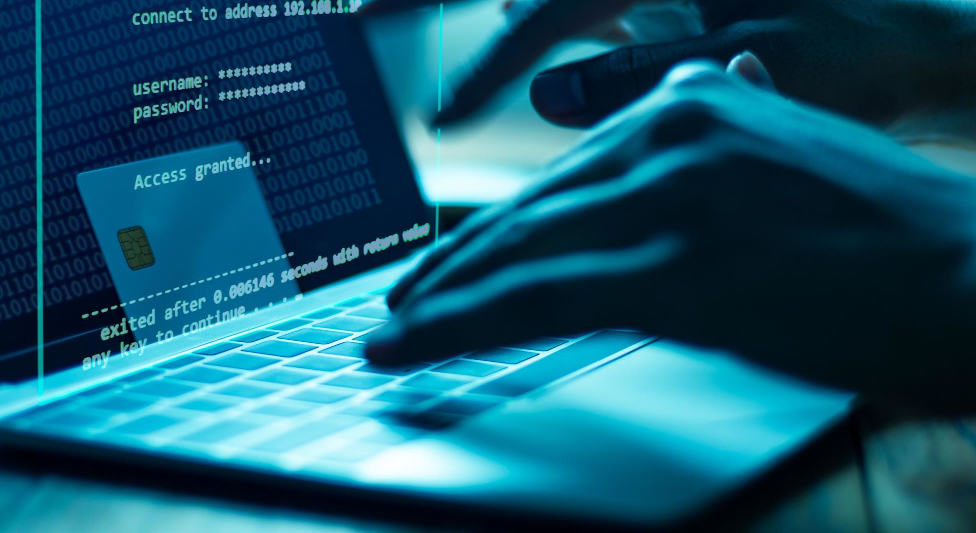Canonical has released Ubuntu security updates to address bugs in Ghostscript, a tool used for interpreting PostScript and PDF files. These vulnerabilities could potentially allow attackers to bypass security restrictions or execute malicious code.
The Mekotio banking trojan is a highly sophisticated malware that targets Latin American countries, with a focus on stealing banking credentials. It spreads through phishing emails, tricking users into interacting with malicious links or attachments.
Splunk has released security updates to address 16 vulnerabilities in Splunk Enterprise and Cloud Platform. These vulnerabilities include high-severity flaws such as Remote Code Execution (RCE) and Serialized Session Payload exploits.
OVHcloud successfully mitigated a record-breaking DDoS attack with a packet rate of 840 million packets per second. The attack originated from compromised MikroTik network devices, which were used to generate high packet rates.
The international law enforcement operation, Operation Morpheus, led to the takedown of 593 Cobalt Strike servers used by cybercriminals. This action was a collaborative effort involving multiple countries and private partners.
Over 384,000 websites, including those of major companies and government entities, are still linking to the polyfill[.]io code library that was recently acquired by a Chinese firm and used to perform a supply chain attack.
The Cy-Xplorer 2024 report by Orange Cyberdefense reveals a significant rise in cyber extortion, with 60 ransomware groups affecting 4374 victims from Q1 2023 to Q1 2024. SMBs are targeted 4.2 times more than larger enterprises.
Researchers at Recorded Future’s Insikt Group analyzed infostealer malware logs captured between February 2021 and February 2024. They cross-referenced the credentials with 20 known CSAM domains, identifying 3,324 unique username-password pairs.
Twilio has confirmed that an unsecured API endpoint allowed threat actors to access phone numbers of millions of Authy multi-factor authentication users, potentially making them vulnerable to SMS phishing and SIM swapping attacks.
A recent report by the Royal United Services Institute (RUSI) emphasized the need for all incident response stakeholders to address the psychological and physiological impact of ransomware attacks on individuals.









